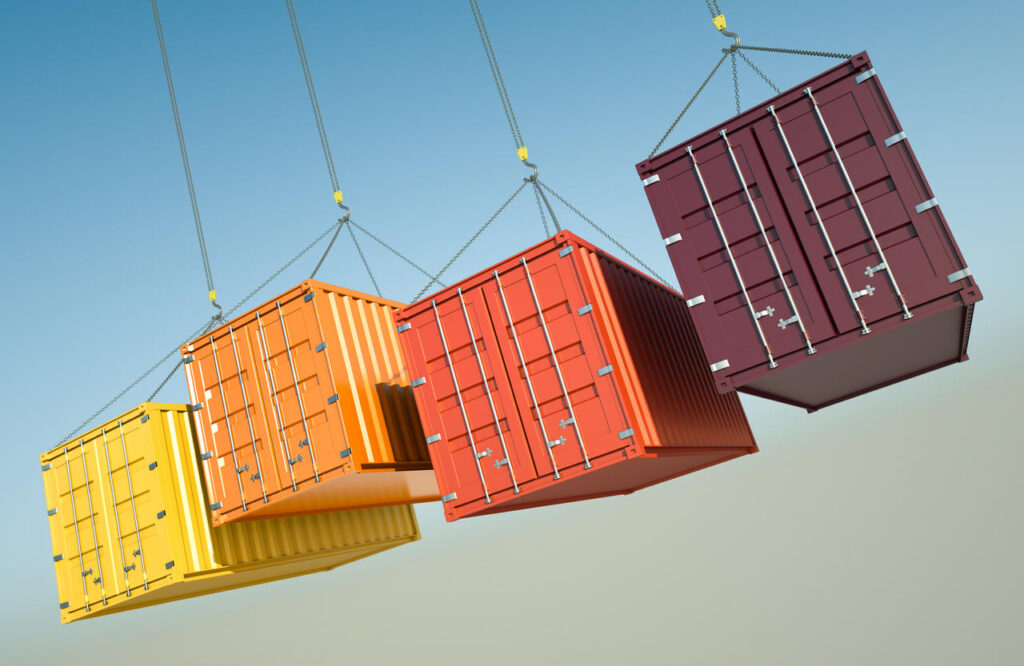Container shipping from China to Singapore is a fast, reliable, and cost-effective way to move goods between two major trading hubs. With frequent sailings, strong port infrastructure, and smooth customs, it’s ideal for businesses of all sizes. This guide covers shipping options, costs, transit times, and key tips to simplify your process.
1. Why Choose Container Shipping from China to Singapore?
Container shipping from China to Singapore remains one of the most reliable, cost-effective, and scalable logistics solutions in Asia. With strong trade relations, frequent sailings, and advanced port infrastructure on both sides, businesses and importers benefit from a smooth supply chain.
Whether you’re shipping electronics from Shenzhen, garments from Guangzhou, or machinery from Ningbo, full container load (FCL) and less than container load (LCL) services ensure your cargo reaches Singapore safely and on time.

2. Major Ports in China & Singapore
Chinese Ports for Container Shipping:
- Shanghai Port – The busiest container port globally.
- Shenzhen Port – Key for electronics and tech-related exports.
- Ningbo-Zhoushan Port – Excellent for high-volume industrial goods.
- Guangzhou Port – Preferred for consumer goods and textiles.
Qingdao and Xiamen – Reliable alternatives for eastern and southern cargo.
Singapore Port:
- Port of Singapore – A global transshipment hub, highly automated, with fast customs clearance and vast container handling capabilities.
3. Transit Times for Container Shipping from China to Singapore
| Origin Port | Destination (Singapore) | Estimated Transit Time |
|---|---|---|
| Shanghai | Singapore Port | 6 – 9 days |
| Shenzhen | Singapore Port | 4 – 7 days |
| Ningbo | Singapore Port | 6 – 8 days |
| Guangzhou | Singapore Port | 5 – 7 days |
📌:Transit time depends on vessel schedules, carrier, and whether it’s FCL or LCL.
4. FCL vs. LCL: Which Should You Choose?
Full Container Load (FCL)
- Best for: Large shipments (e.g., 20ft or 40ft containers)
- Advantages: Lower cost per unit, sealed container, quicker transit
- Drawbacks: Higher upfront cost if not fully utilized
Less than Container Load (LCL)
- Best for: Smaller cargo volumes
- Advantages: Share space and cost with others
- Drawbacks: Longer consolidation times, potential cargo handling risks
5. How Much Does It Cost?
Container shipping rates vary based on origin port, container type, shipping mode, and peak seasons. Here’s a general price estimate:
| Container Type | Estimated Cost (USD) |
|---|---|
| 20ft FCL | $250 – $500 |
| 40ft FCL | $500 – $850 |
| LCL (per CBM) | $30 – $60 |
📌Tip: Booking early and avoiding peak season (like pre-Chinese New Year) can help you save on freight.
6. Customs & Import Regulations in Singapore
Singapore maintains a highly efficient and transparent import system:
- GST (Goods & Services Tax): 9% applied on CIF value + duties (if any)
- Customs Permit: Required for all imports
- Controlled Items: Pharmaceuticals, tobacco, alcohol, arms, etc.
Always ensure your freight forwarder provides the correct HS codes and documentation.
7. How to Choose the Right Freight Forwarder?
Choosing a reliable logistics partner can make or break your shipping experience.
✅ Look for:
- China-Singapore shipping experience
- End-to-end services (pickup, customs, delivery)
- Transparent pricing and tracking options
- Knowledge of both countries’ port operations

8. Door-to-Door Shipping from China to Singapore
If you prefer hassle-free logistics, door-to-door services are available. This includes:
- Pickup at supplier location in China
- Inland trucking to port
- Sea freight to Singapore
- Customs clearance
- Last-mile delivery to your warehouse
9. Tips for Smooth Container Shipping
- Consolidate shipments to minimize LCL costs
- Book early to lock in lower rates
- Double-check packaging and labeling for compliance
- Work with customs-savvy forwarders to prevent delays
Request a Quote
Need a tailored solution for your shipping from China?
Let TJ China Freight Forwarder assist you with reliable, cost-effective service.
FAQ:
Q1. What is the maximum cargo weight for a container?
- 20ft container: Max payload ~28,000 kg
- 40ft container: Max payload ~26,000 kg
Local trucking weight limits may also apply in Singapore.
Q2.How are container shipping costs calculated?
Rates are based on container type (20ft or 40ft), volume (CBM), weight, port pair, incoterms (EXW, FOB, DDP), and shipping season.
Q3.Can I track my container in real-time?
Yes. Most shipping lines offer online container tracking via bill of lading number or container number.
Q4.What’s the cheapest way to ship from China to Singapore?
The most economical method is LCL sea freight for small shipments and FCL sea freight for larger loads. Air freight is faster but more expensive.
Q5.Is insurance necessary for container shipping?
While not legally required, cargo insurance is strongly recommended. It protects you against loss, damage, or delays during transit.
